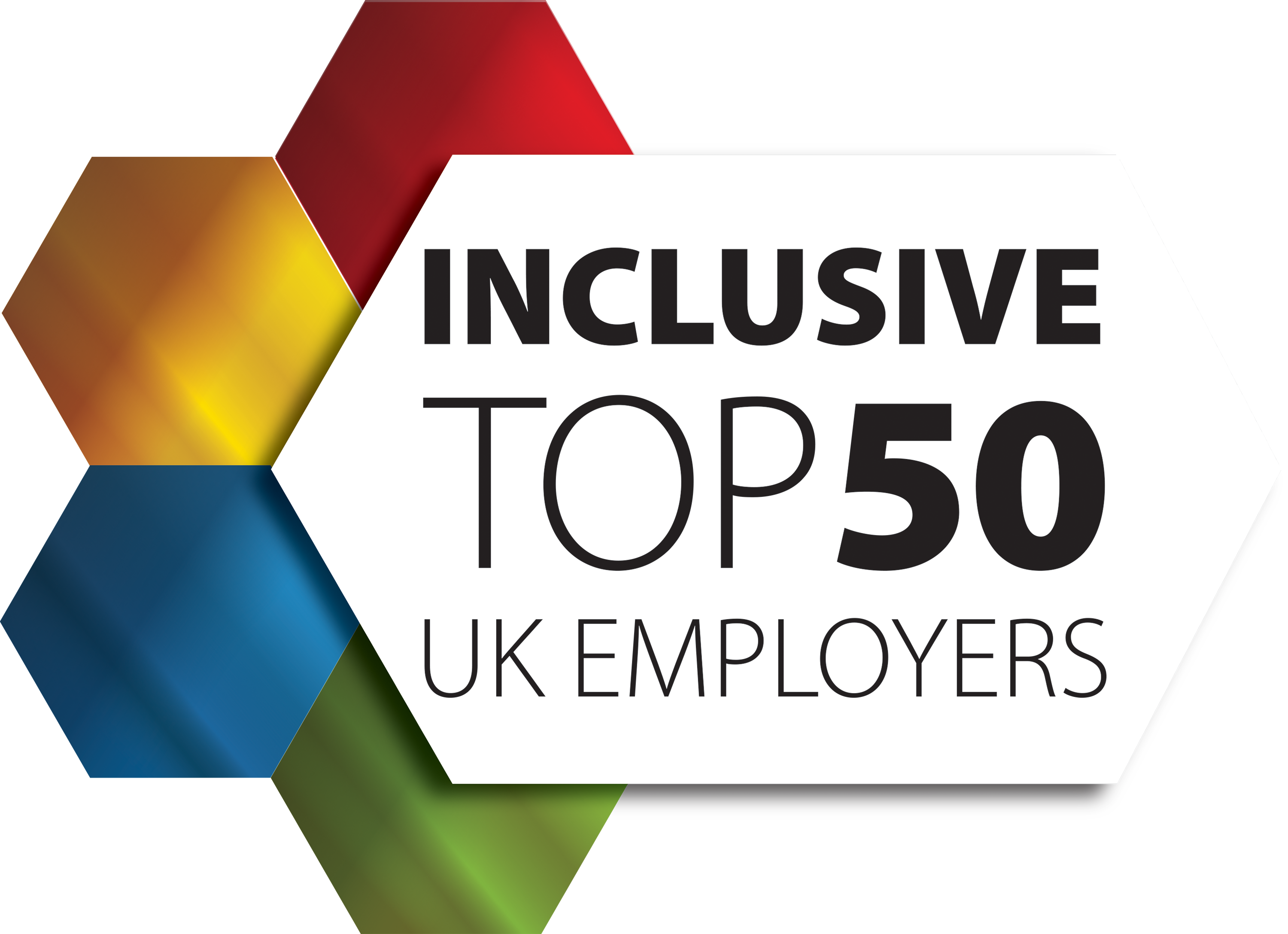
Did you know that many Jewish people are frightened to reveal their identity? They won’t wear the clothes they want to for fear of attacks? That their social media accounts are bombarded with hatred? It is said that 70% of Jewish people living within the UK are actively considering leaving because of the intolerance shown towards them. And we are supposedly a tolerant, welcoming society.
Inclusive Companies recently hosted a webinar which confronts the issue of antisemitism. I found it a sobering and eye-opening experience. A feeling, I suspect, that was shared by many who joined it. The hosts asked that we didn’t record this session, wishing to assure all who attended a safe and private space in which to learn and be heard. That request for privacy tells its own story.
It left me considering my own understanding of the issues and questioning what we have done or, perhaps more pertinently, what haven’t we done when it comes to antisemitic behaviours.
That last point is, I believe, crucial to the whole issue. How much are we aware of the prejudice? In some cases, do we actually recognise that it is prejudice? Our company works to better the lived experience, most notably in the workplace, of people within a great many protected characteristic groups. I have said before that the detail we receive from companies when they provide information on their own organisations shows that some groups attract less attention than others. To some extent, that is inevitable, largely down to the make up of the organisations themselves. Some groups and issues also seem to attract more news attention, thereby putting them at the forefront of attention. As we are seeing today around antisemitism.
‘Unite against all forms of hate’
Whilst approaching this blog, I read the BBC news post about what the Mayor of London, Sadiq Khan, is trying to do to change the alarming increase in racist ‘hate crimes’ within London over the past year.
Sadiq Khan has the rallying cry of, ‘Londoners unite against all forms of hate.’ He cites the abhorrent rise in hate crime with figures from the Metropolitan Police showing a quite appalling 286% increase in antisemitic crimes. It made me think more and, I hope, crystallised what I wanted to say.
Hate Crime is Overt Hatred

Those figures tell of deliberate and targeted actions against people because of who they are. Simple and disgusting as that. Hugely worrying that there is such a rise. Our hope lies in the fact that a significant majority stand against such intolerance. For organisations, overt racism (and any discrimination) is far easier to tackle. We can see it; we can hear it; we can – and must – act. Employers can play their part by:
- Showing zero tolerance for such behaviour
- Having a very clear culture which encourages and supports those who ‘call it out’
- Having networks which support and represent those groups with protected characteristics
- Really supporting allies – those networks must open their doors to allow others to learn
- Having a clear, accessible and evolving education policy which ensures your workforce fully understands what is right and appropriate behaviour
- Leading by example. Those in positions of responsibility need to be seen to be doing the right things
But what if it isn’t overt?
It’s easier to spot discrimination which is clear and deliberate. But what happens when the prejudice is engrained to the extent that it has become institutionalised? That people aren’t even aware of their prejudice? Or when people mix their own beliefs and understanding of world events and then allow those to shape their behaviour towards specific people? It is so wrong to judge people – consciously or unconsciously – on the actions of others whose intentions and desires are very likely to be so, so different.
History tells us of the prejudice Jewish people have suffered and we can trace it back millennia. And whilst we may learn of horrific treatment of Jews in the more recent past; it isn’t something confined to history books. Nor is our horror only to be saved for those instances.
What do you think of when the term ‘racial prejudice’ is used? If you are a white person, do you immediately consider it to be something affecting people with a different skin colour? And then check yourself. And do you actually consider antisemitism to be racism? Is your immediate perception of a Jewish person someone who is white? And through your sense of history do you believe that Jewish people are likely to be involved in finance and business? And do you, therefore, conclude that they must have a certain privilege? Very uncomfortable when laid out like that, isn’t it? Such crass generalisations based on casual ignorance. But I wonder how much truth there is in it?
Educating the younger generation
Sadiq Khan is pledging a further £850,000 to try to tackle the root of the ‘hate crime’ and prevent an ignorance being exploited by others. The group Exit Hate will also receive funding in its work with 14-18-year-olds to help educate regarding the dangers of extreme ideologies. In response to Home Office data which revealed that of the 242 people arrested as terrorist suspects over the past year, 40 were under the age of 17!
Those initiatives are trying to prevent the spread of race hate which sees those with the agenda of hatred to exploit more vulnerable young people. Stopping hatred breeding and becoming overt.
Act to end discrimination
EDI exists to make both the workplace and society a better place. Everyone has the right to come to work, feel safe and be valued. We must all be doing everything we can to support Jewish people in our workplaces and communities. We must check they are safe and feel they belong. As an employer, you must also be aware that some of the very people who are making their lives so unpleasant will also be working for you. You have to act to put an end to it. What will you do?









